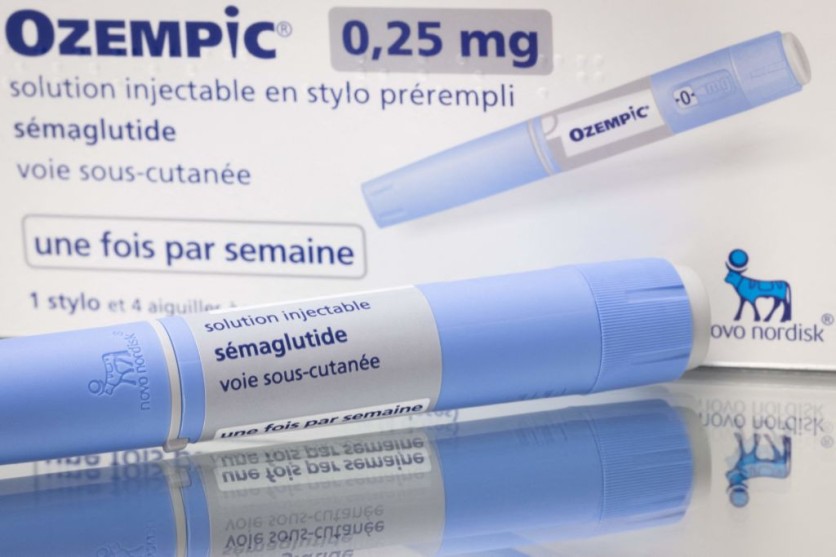
Many pharmacies in the US have had trouble obtaining Ozempic, but others have chosen to ignore the issue.
Pickerington Pharmacy owner Nate Hux in Ohio, for instance, decided to cease carrying the diabetic medication last summer due to its increasing demand and off-label usage as a dietary aid.
While severe Ozempic shortages contributed to Hux's decision to stop stocking the medicine, this was not the primary factor. He said that the loss of revenue from drug sales was the real reason.
Underpaid Pharmacy Owners Amid Ozempic Shortages
The typical 30-day supply of Ozempic costs pharmacies about $900 at wholesale. Hux asserted that he was often only paid $860 for each prescription. "It is too expensive for us to stock."
According to NBC News, pharmacy owners like Hux are complaining about being underpaid by pharmacy benefits managers, the middlemen between pharmacies and insurance companies. Therefore, they no longer stock Ozempic or similar medications.
These medications, known as GLP-1 agonists, are relatively new and currently patented. Thus, there are no affordable generic equivalents.
The news adds a new wrinkle to the Ozempic drama in the US, where shortages have prompted patients to visit various pharmacies to get prescriptions.
Around a year ago, Steve Hoffart, owner of Magnolia Pharmacy in Texas, ceased carrying Ozempic and other related diabetic drugs. He received reimbursements of $10-$40 below prescription costs.
He insisted that he had to make the adjustment to keep his pharmacy open, and said that clinics were unable to provide items at below-cost prices due to supply problems.
Imperative Danger to Local Drugstores
Inma Hernandez, an assistant professor at the University of California, San Diego's Skaggs School of Pharmacy and Pharmaceutical Sciences, said independent pharmacists are generally underpaid compared to bigger retail pharmacy chains with greater negotiating leverage.
Contracts are not negotiable. Hernandez acknowledged this reason why many small pharmacies are going out of business.
Novo Nordisk, Ozempic's manufacturer, cannot influence pharmacies' prices or pharmacy benefit manager reimbursements, according to spokeswoman Allison Schneider. She claimed pharmacists discuss these things with third parties.
The Commonwealth Fund, a nonprofit public health group, reports that three pharmaceutical benefit managers, which are CVS Caremark, Cigna's Express Scripts, and UnitedHealth Group's OptumRx, control 80% of the industry, giving them a significant negotiation advantage. Three are affiliated with large health insurers.
According to Andrea Pivarunas, a representative for the National Community Pharmacists Association, pharmacy benefit managers have the incentive to underpay pharmacists since it may drive clients to their own firms.
"Independent pharmacists are valued partners of pharmacy benefit companies in delivering quality care and necessary medications for patients at affordable costs," said Greg Lopes, the spokesman for the Pharmaceutical Care Management Association, representing pharmacy benefit managers.
Also Read : University of Sussex Researchers Develop Fitness & Healthcare Monitoring Technology Using Seaweed

ⓒ 2026 TECHTIMES.com All rights reserved. Do not reproduce without permission.




